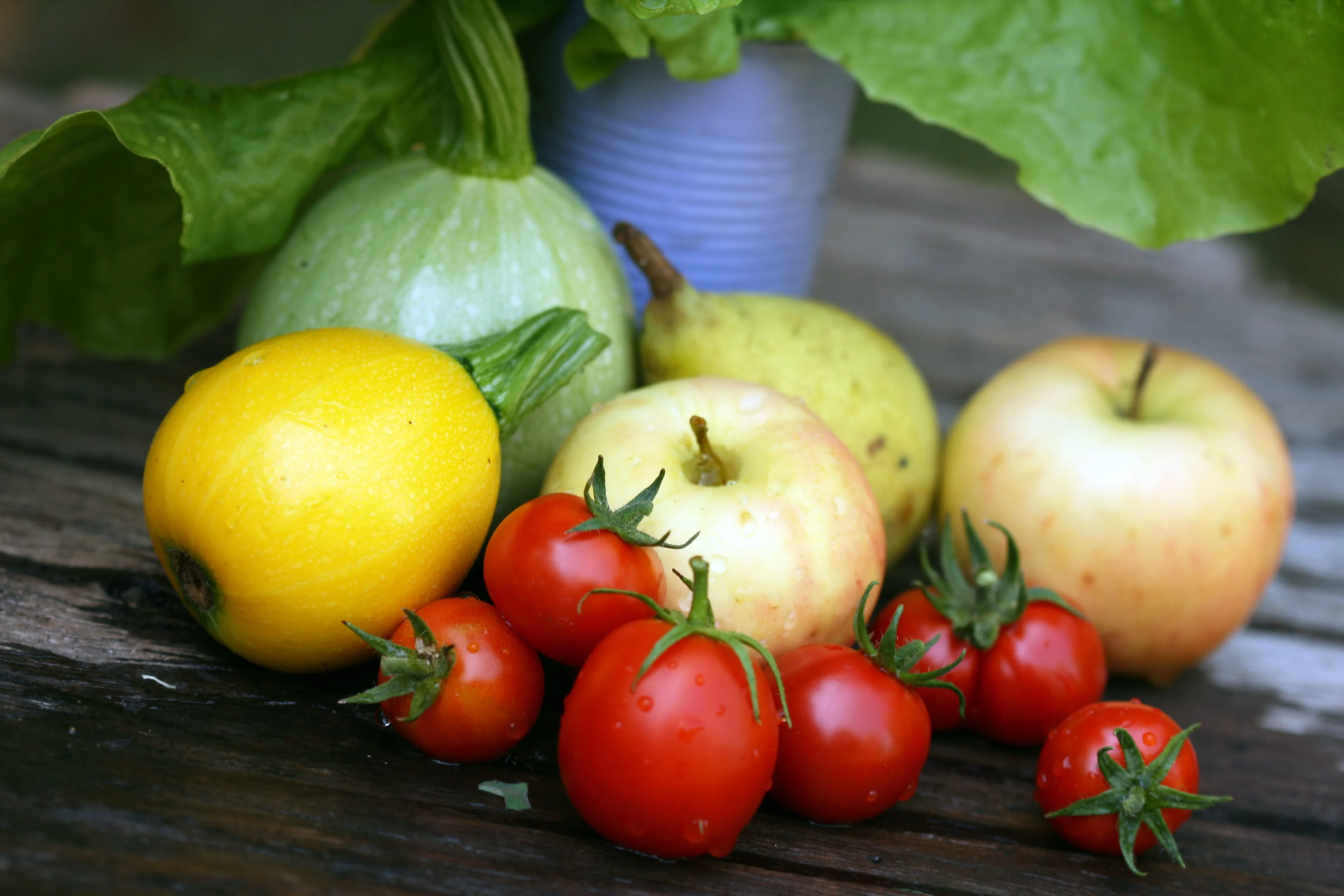Tips for a Successful First Year of Organic Gardening
Begin your organic gardening journey with confidence using our expert tips for a successful first year. Perfect for aspiring gardeners in Bangalore, this guide covers everything from selecting the right crops to mastering sustainable practices. Learn about soil preparation, natural pest control, and effective organic techniques to ensure a bountiful harvest. Join Vriksha Farms in embracing a green, sustainable lifestyle through organic gardening.

Introduction
Embarking on the journey of organic gardening can be both exciting and daunting, especially in the first year. With a commitment to sustainable and productive farming practices, Vriksha Farms offers invaluable guidance to those starting their organic gardening adventure. This blog post will provide essential tips to ensure a successful first year of organic gardening, setting a strong foundation for a sustainable and bountiful garden.
Starting with the Basics
Understanding Your Environment
Begin by familiarizing yourself with your local climate, soil type, and the kinds of plants that thrive in your area. This knowledge is fundamental in choosing the right crops and planning your garden layout.
Setting Realistic Goals
As a beginner, it's important to set achievable goals. Start small and gradually expand your garden as you gain more experience and confidence.
Soil Preparation
Testing and Amending Soil
Test your soil to understand its nutrient content and pH level. Amend the soil with organic matter, like compost, to improve its fertility and structure, essential for healthy plant growth.
Establishing a Composting System
Set up a compost bin to recycle kitchen scraps and garden waste into nutrient-rich compost, which is an excellent organic fertilizer and soil conditioner.
Choosing the Right Crops
Selecting Beginner-Friendly Crops
Choose crops that are known to be easier to grow and more resilient to pests and diseases. Some great beginner choices include lettuce, radishes, tomatoes, and herbs.
Considering Seasonality
Plan your garden according to the seasons. Understand which crops are best planted at specific times of the year in your region.
Planting and Maintenance
Proper Planting Techniques
Learn the proper depth and spacing for planting your chosen crops. This ensures adequate room for growth and reduces competition for nutrients and water.
Regular Maintenance
Stay consistent with watering, weeding, and monitoring your garden. Regular maintenance is key to preventing pests and diseases and ensuring healthy plant growth.
Natural Pest and Disease Management
Encouraging Beneficial Insects
Attract beneficial insects, such as ladybugs and bees, that can naturally control pest populations and aid in pollination.
Using Organic Pest Control Methods
Familiarize yourself with organic pest control methods, such as neem oil or homemade sprays, that are effective and environmentally friendly.
Learning and Community Engagement
Seeking Knowledge and Resources
Utilize books, online resources, workshops, and community gardens to expand your knowledge about organic gardening practices and techniques.
Connecting with Fellow Gardeners
Join local gardening groups or forums to share experiences, get advice, and find support from fellow organic gardening enthusiasts.
Conclusion
Your first year of organic gardening is a learning experience filled with opportunities for growth and discovery. By preparing adequately, choosing the right crops, and engaging in continuous learning and community support, you can create a thriving organic garden. Vriksha Farms supports this journey towards sustainable and environmentally conscious living, offering guidance and inspiration for aspiring organic gardeners.
